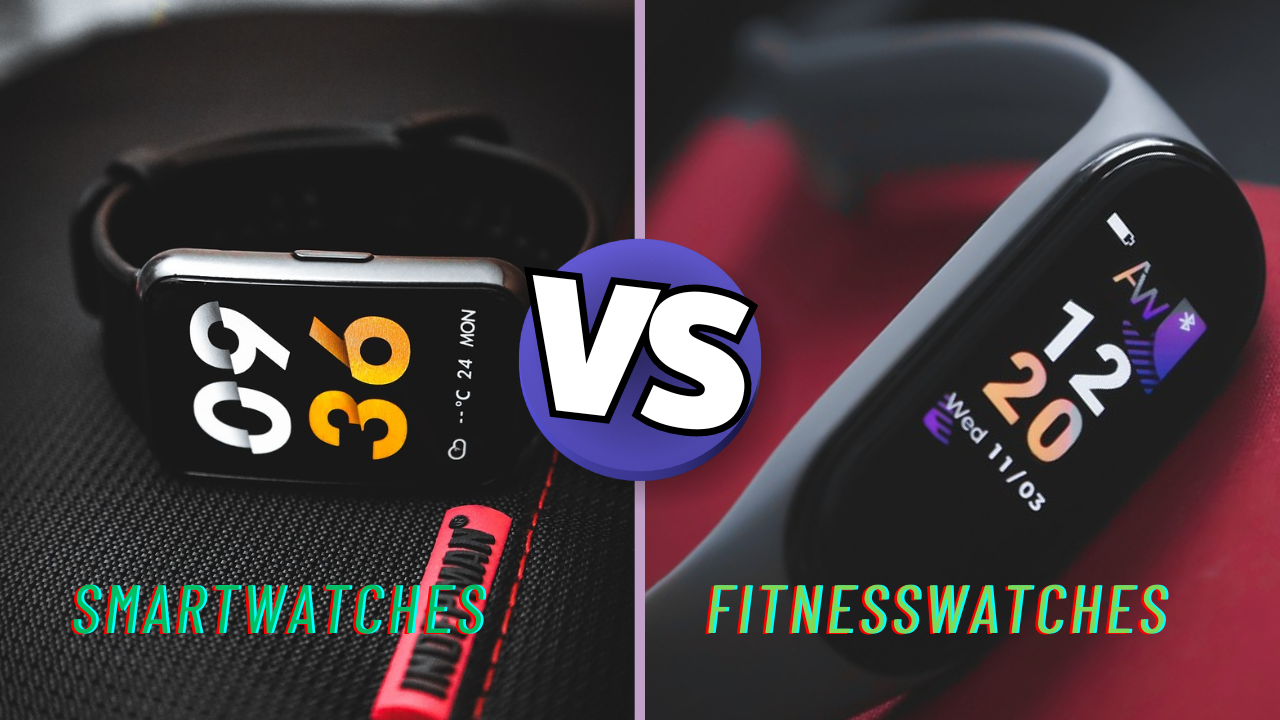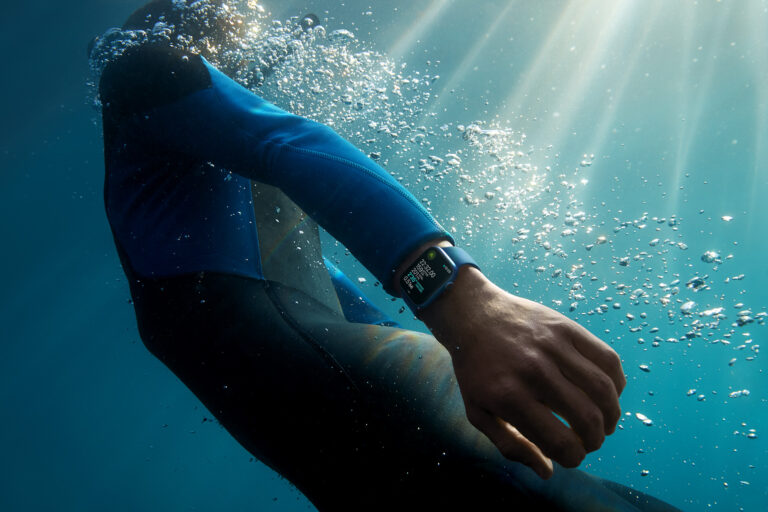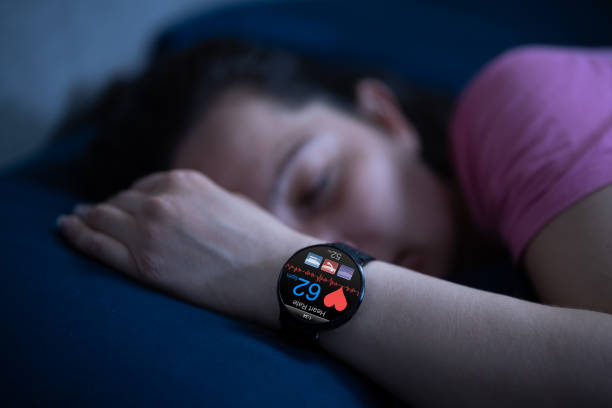Introduction
Hey there! have you ever wondered or asked about what is the difference between fitness watches and smartwatches? and which one is right for you? Well today it’s showdown between fitness watches and smart watches! let’s ride down and discover which of one suits you the best.
Understanding Fitness Watches
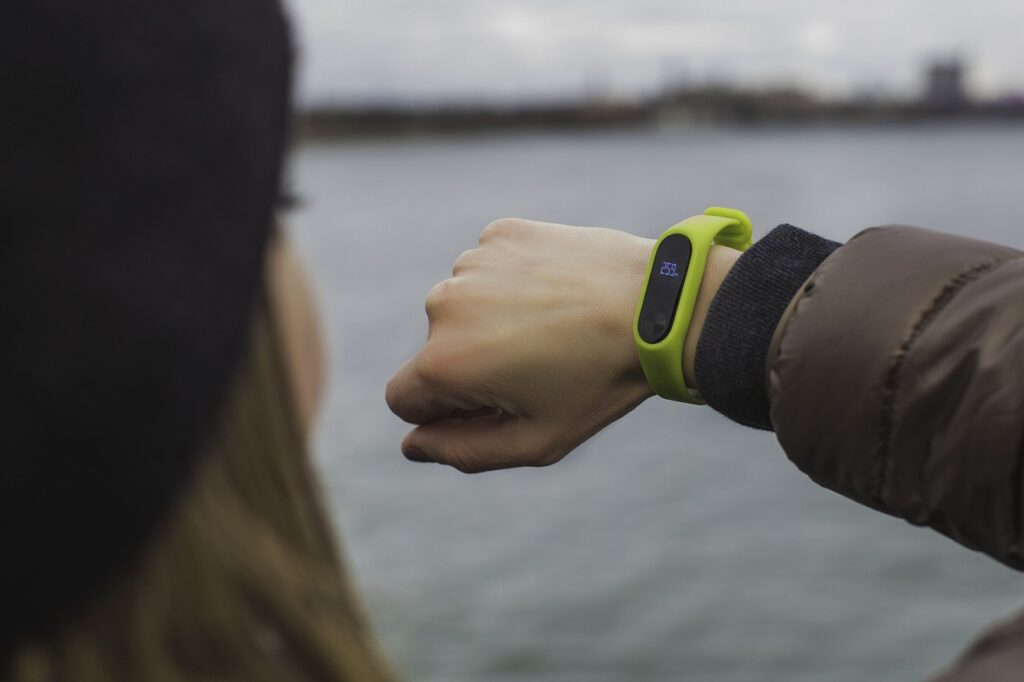
Fitness watches, also known as activity trackers or fitness bands, are specifically designed to monitor and track your physical activity and health metrics. These devices typically offer features such as step counting, distance tracking, heart rate monitoring, and GPS functionality. With a focus on fitness and performance, fitness watches excel at providing accurate data to help you achieve your health and fitness goals. They are often favored by athletes, fitness enthusiasts, and individuals looking to lead a more active lifestyle.
Revolutionize Smart Watches
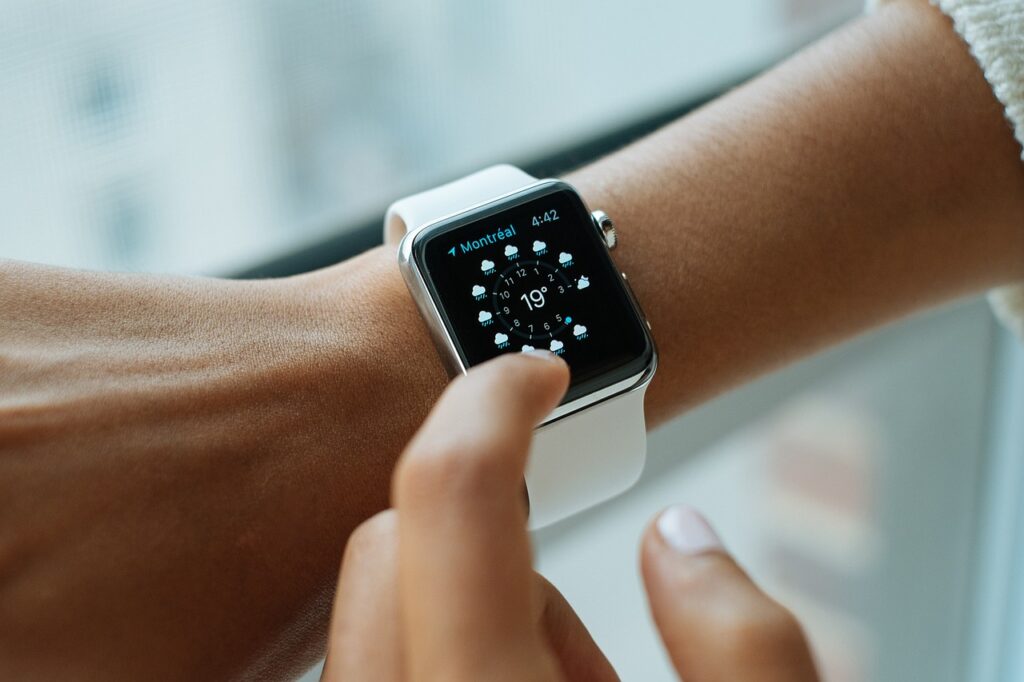
Smartwatches, on the other hand, offer a wide range of features beyond fitness tracking, making them more versatile in functionality. In addition to health and fitness monitoring capabilities, smartwatches provide notifications, connectivity to your smartphone, access to apps, music playback, and customizable watch faces. With their sleek designs and multifunctionality, smartwatches appeal to tech-savvy individuals who value convenience and connectivity in their daily lives.
PROS AND CONS
| PROS | CONS | |
| FITNESS WATCHES | > precise activity tracking for various exercises and sports. > continuous heart rate monitoring to gauge workout intensity and calorie burn. > GPS functionality for accurate distance tracking during outdoor activities. | > limited functionality beyond fitness tracking. > relatively shorter battery life compared to smartwatches. > Design may prioritize durability over aesthetics. |
| SMART WATCHES | > notifications for calls, messages, emails, and app alerts. > access to a diverse ecosystem of apps for productivity, entertainment, and health. > Personalization options include customizable watch faces and interchangeable bands. | > Battery life may vary and often requires frequent charging. > Health and fitness tracking features may not be as specialized or accurate as fitness watches. > higher price point compared to fitness watches. |
Discover Key Differences Between Fitness Watches and Smartwatches
While both fitness watches and smartwatches offer benefits in terms of tracking health and providing connectivity, there are key differences that can influence your decision: Focus and Specialization: Fitness watches prioritize health and fitness tracking, offering specialized features for workout monitoring. Smartwatches, on the other hand, cater to a broader range of functions, including communication, productivity, and entertainment.
When it comes to choosing between a fitness watch and a smartwatch, understanding the nuanced differences beyond basic functionality is crucial. While both devices offer a range of features to enhance your lifestyle, there are several key distinctions that can influence your decision. Let’s delve deeper into some of these differences to help you make an informed choice:
1. Water Resistance and Durability

Fitness watches are engineered with durability in mind, often boasting robust construction and higher water resistance ratings. This makes them ideal companions for intense workouts and outdoor adventures, including swimming, hiking, and even diving. Smartwatches, while some models offer water resistance, may not always match the ruggedness of fitness watches. Users should carefully consider their lifestyle and activities to ensure the chosen device can withstand their daily routine.
2. Simplicity vs. Complexity
One notable difference lies in the user interface and overall simplicity of operation. Fitness watches typically feature streamlined interfaces focused primarily on fitness tracking and health monitoring. This simplicity ensures users can easily access essential data during workouts without distraction. In contrast, smartwatches often offer a plethora of features and functions, accompanied by touchscreen displays and sophisticated operating systems. While this versatility is appealing, it may also introduce a learning curve for users unfamiliar with navigating complex interfaces.
3. Cost Considerations
Cost is another factor to weigh when comparing fitness watches and smartwatches. Fitness watches, with their specialized focus on health tracking, tend to be more budget-friendly options. They provide accurate fitness data without the added expense of advanced smart features. On the other hand, smartwatches, equipped with a wide array of functionalities, including notifications, app access, and entertainment features, often come with a higher price tag. Users should evaluate their budget and prioritize features accordingly to ensure they get the best value for their investment.
4. Battery Life Optimization
Battery life is a crucial consideration, especially for users who value uninterrupted usage throughout the day. Fitness watches excel in this department, boasting extended battery life that can last for days or even weeks on a single charge. This longevity ensures users can track their activity continuously without worrying about frequent recharging. Smartwatches, however, typically have shorter battery life due to their advanced features such as color displays, app usage, and connectivity. Users may need to recharge their smartwatch daily to maintain optimal functionality, which could be a deciding factor for those seeking long-term convenience.
5. Ecosystem Integration
For users invested in a broader ecosystem of devices and services, ecosystem integration becomes a critical consideration. Smartwatches shine in this aspect, seamlessly integrating with smartphones, tablets, and smart home appliances to provide a cohesive user experience. They offer enhanced connectivity and synchronization of data across multiple platforms, allowing users to stay connected and productive on the go. Fitness watches, while capable of syncing data with select devices and apps, may not offer the same level of interoperability. Users should assess their existing tech ecosystem and compatibility requirements to ensure seamless integration with their chosen wearable device.
Determining Your Needs and Preferences

When deciding between a fitness watch and a smartwatch, it’s crucial to delve into your needs and preferences. Let’s break down the factors to consider:
1. Fitness Goals: If your primary aim is to closely monitor your health and fitness progress, especially during activities like running, cycling, or swimming, a fitness watch could be your perfect companion. These specialized devices excel at providing accurate data tailored to various workouts, aiding you in achieving your fitness targets efficiently.
2. Lifestyle Analysis: Take a close look at your daily routine and activities. Are you constantly on the move, juggling multiple tasks, and in need of a device that seamlessly integrates into your bustling lifestyle? If so, a smartwatch might be the ideal choice. With its diverse range of features and connectivity options, including notifications, apps, and even communication tools, a smartwatch can help you stay organized and connected wherever you go.
3. Technological Preferences: Consider your technological inclinations. Are you someone who prioritizes specialized functionality, valuing accurate health and activity tracking above all else? In that case, a fitness watch could be the perfect fit for your needs. On the other hand, if you crave versatility and enjoy having a multitude of features at your fingertips, a smartwatch might be more appealing. These devices offer not only comprehensive health monitoring but also a plethora of additional capabilities, such as music playback, navigation, and even mobile payments.
By carefully assessing these factors, you can make an informed decision that aligns with your lifestyle, preferences, and fitness aspirations. Whether you opt for a dedicated fitness watch or a multifaceted smartwatch, the key is to choose the device that best complements your unique needs and enhances your overall well-being.
Making the Right Choice
Ultimately, the right choice between a fitness watch and a smartwatch depends on your individual needs, preferences, and lifestyle. Take the time to assess your priorities and consider how each device aligns with your goals and habits. Whether you’re striving to improve your fitness level or stay connected in today’s fast-paced world, there’s a wearable device that’s perfect for you.
CONCLUSION
when navigating the choice between fitness watches and smartwatches, it’s essential to consider your specific needs, preferences, and lifestyle. Whether you prioritize accurate fitness tracking, multifunctionality, or seamless connectivity, there’s a wearable device tailored to enhance your daily life and overall well-being.
If you’re leaning towards a dedicated fitness tracker, explore our curated list of the “Top 5 Best Fitness Trackers” to discover the most reliable and feature-rich options available. These devices offer precise activity monitoring, advanced health metrics, and durability to support your fitness journey effectively.
Alternatively, if you’re intrigued by the idea of a comprehensive fitness watch, delve into “Your Complete Guide to Finding the Perfect Fitness Watch” for an in-depth exploration of key considerations and top recommendations. Whether you’re a seasoned athlete or a casual fitness enthusiast, this guide will help you navigate the vast array of choices and find the ideal device to suit your needs.
Ultimately, whether you choose a fitness watch or a smartwatch, the goal remains the same: to empower you in achieving your health and fitness goals while seamlessly integrating into your lifestyle. So, take the time to assess your priorities, explore your options, and embark on your journey towards a healthier, more connected you!


